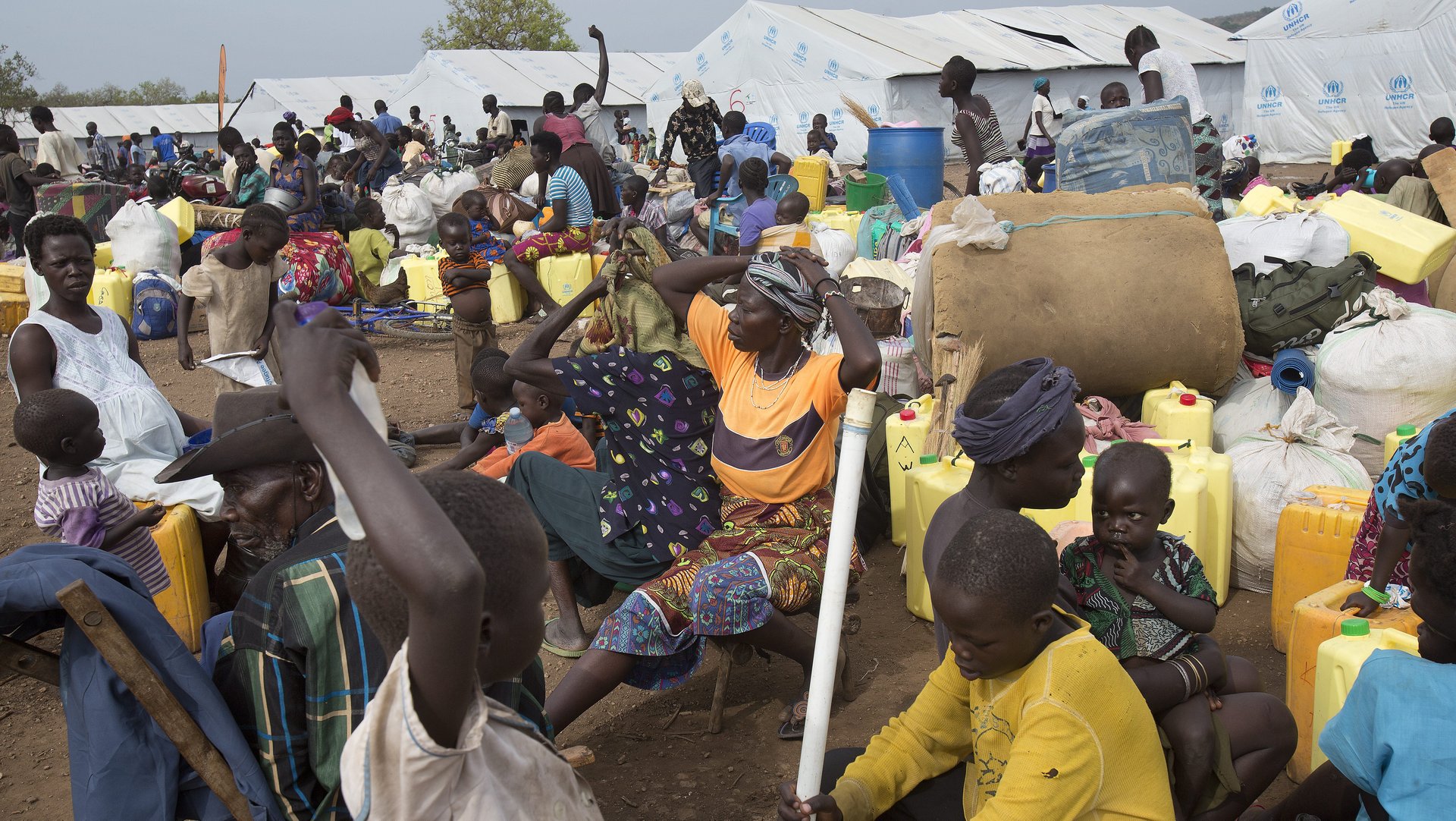The future for Africa’s refugees is as economic partners, not dependents
Nobody is ever just a refugee. Nobody is ever just a single thing. And yet, in the public discourse today, we often speak of people as a single a thing. Refugee. Immigrant.


Nobody is ever just a refugee. Nobody is ever just a single thing. And yet, in the public discourse today, we often speak of people as a single a thing. Refugee. Immigrant.
– Chimamanda Ngozi Adichie.
The renowned author said these words at last August’s World Humanitarian Day, and they’re words worth recalling as World Refugee Day approaches this week on June 20. They have particular resonance for those who have watched cross-border refugee movements and internal forced displacements escalate in Africa.
Over the last couple of years, much of the world’s focus on the refugee crisis has been on Syria, but challenges have also grown in Africa. There are now at least 18 million displaced people on the continent, 12.5 million of which are internally displaced persons (IDPs) in their own countries. Kenya (Dadaab) and Uganda (Bidi Bidi) have two of the world’s largest refugee camps. Some of these people have been displaced for generations and their children and families are unable to officially claim a country.
Increasingly, African countries are at the forefront of a more progressive understanding that refugees are, as Adichie says, more than just refugees. This is especially true when refugees are given a legal framework under which they can operate in their adopted countries.
Uganda has led the way on some of these discussions. The country will undoubtedly be put to the test as more displaced people pour in from conflict-ridden South Sudan. The World Bank’s vice president for Africa, Makhtar Diop argues that the world has a lot to learn from Africa when dealing with displaced persons.
Organizations like the World Bank are encouraging host countries to see displaced persons as economic assets rather than a drain on limited resources. It has recently dedicated $2 billion through one its funds to support host communities as well as refugees in low-income countries. Specifically, the bank has committed $250 million this fiscal year for host communities in DR Congo, Ethiopia, Djibouti, Uganda and Zambia. It’s also committing $500 million to support the 1.8 million IDPs in Nigeria’s north east as well as the locals hosting them.
For years, short-term fixes have been applied to long-term problems with no end in sight. The increased emphasis on supporting host communities and encouraging economic inclusion for the displaced can create opportunity from crisis.